I only have one insight about the Little House TV series, so I’m just gonna get it out of the way up front here. It’s this: Nellie Oleson made that show. I don’t just mean the character is an essential part of the show’s success. I mean Nellie Oleson wrote the original books and most of the scripts for the TV program. She directed most of the episodes, and, for the most part, she was the audience.
I am saying: you and I and Ronald Reagan and possibly Saddam Hussein and definitely Michael Landon—were Nellie Oleson.
Put down that gun. Sorry, put down that frontier rifle. Hear me out. Let’s start on a very basic, noncontroversial level.
The books came out in the thirties and early forties. The woman who wrote them, Laura Ingalls Wilder, was in her midsixties when the first one dropped. Her case is well documented. She did live more or less like she describes in those novels, and so she had the luxury of being able to traffic in billions of authentic details. And the novels were a big hit. For forty or fifty years, everybody read ’em. (Except me—’til a couple months ago.)
In the books, Nellie is not a very important character. She isn’t even introduced ’til the fourth book in the series (On the Banks of Plum Creek, 1937).
When she is introduced, we are treated to a heavy dose of … well, it’s not exactly satire. Neither is it unhinged loathing. The author coolly does on the page just exactly what the creators of the show did on the screen, i.e. created a character medically incapable of any decent sentiment or act. Nellie relentlessly strives to serve her own basest impulses, especially to dominate and to sneer.
In drawing Nellie like that, the author was prosecuting a revenge against an actual enemy from her childhood. In other words, the point of view that condemned Nellie for being petty and self-serving was itself petty and self-serving. Or let me put it this way: to imagine that another person lives to antagonize you and your interests, to imagine that another person’s every utterance is (and must be) a rigmarole of self-righteousness and vituperation—this is the telltale sign of a mentality very like Nellie’s. Only a Nellie would write something like that.
Now do you see why I say Nellie wrote those books and scripts? And the fact that you got off on it when Laura slapped Nellie, the fact that that was cathartic for you, tells you a lot about your own blonde curls and doll-hoarding and self-righteousness. Don’t feel singled out, though. I’m right there with you, sister. We all are.
One of these days, you should have a look at Alison Arngrim’s memoir of that period of her life, Confessions of a Prairie Bitch (2010). (Arngrim played Nellie, obviously.)
As far as I can see, the actress doesn’t have a drop of insight into the meaning of the character she did so much to bring to life. Indeed, she blesses Nellie for showing her, Alison, how to stand up for herself. Or something. Just the same, there is plenty to be learned from the book, if you know what to look for.
Consider. The show was not actually that great. Almost all the actors were colorless mediocrities, and the scripts were drivel (fake problems, fake solutions). And no actor on the show was worse served by those scripts than Arngrim. She doesn’t say this in the book; I’m saying it, having watched a bunch of episodes recently. She has no good lines. Every single word out of her mouth has to be smug, witless, and mean. But! Something about Arngrim’s particular face and voice created a tormenting blend of contrary electromagnetic impulses. She was vilely repellant, and at the same time mysteriously compelling.
I’m quite unwilling to credit this to acting talent, yet when I ask myself if any teenager in a blonde wig could do what Arngrim did, I find myself hesitating. Maybe there is some gift involved? But if there is, it’s not present in that memoir. There, she is mainly a hearty, wise-cracking, self-appointed “camp” goddess. Not Nellie—just somebody you might know from work.
The writers were Nellie. Look, if Laura and her adopted brother (whose name escapes me) go into a neighboring town and pretend to be orphans to cheat people out of money, the show handles the scene like it’s Huck Finn. If Nellie and her brother, Willie, did the exact same thing, it would be painted as villainy—and they would botch it, get caught, have to throw someone else under the bus to escape punishment, et cetera. Because that’s how the Nellie writer-mentality operates. The “good” people can do no wrong, even when they do wrong. And the wicked are never just wicked—they are also fools.
When I go home these days, I pass through a time portal. My mother and I sit just where we did in 1974–83, when the show was still being shot. Little House practically has its own channel now. I sit there, marveling at how little I remember from the episodes. I, who seem to remember all the episodes of M*A*S*H verbatim! Also: Family Ties, and whatever that show was that was set at a girls’ school, they all wore uniforms, and there was a token black girl, Tootie, and her friend was Natalie, and Blair was the tall, good-looking one. Jo was the tough one. God, what the hell was that thing called? The Facts of Life.
Listen, I can recount plots of those and a hundred other shows from the seventies and early eighties, but I couldn’t remember a single line from any of the Little House episodes, though I saw all of ’em many times. When, in preparation for writing this piece, I was reading Melissa Sue Anderson’s memoir (The Way I See It, 2010)—80 percent of which consists of plot summaries of famous episodes—I remembered exactly nothing.
Oh, but I remember Nellie Oleson. I remember her, and she remembers me.
But then, when I emerge from the time portal, squinting, shielding my eyes from the glare, I am confused. The philosopher has led me out of the cave animated by mere shadows, into the daylight of reality. And what do I find? Nellie Oleson is running the country now.
Anthony Madrid lives in Victoria, Texas. His second book is Try Never. He is a correspondent for the Daily.
from The Paris Review https://ift.tt/2YEd6Xx
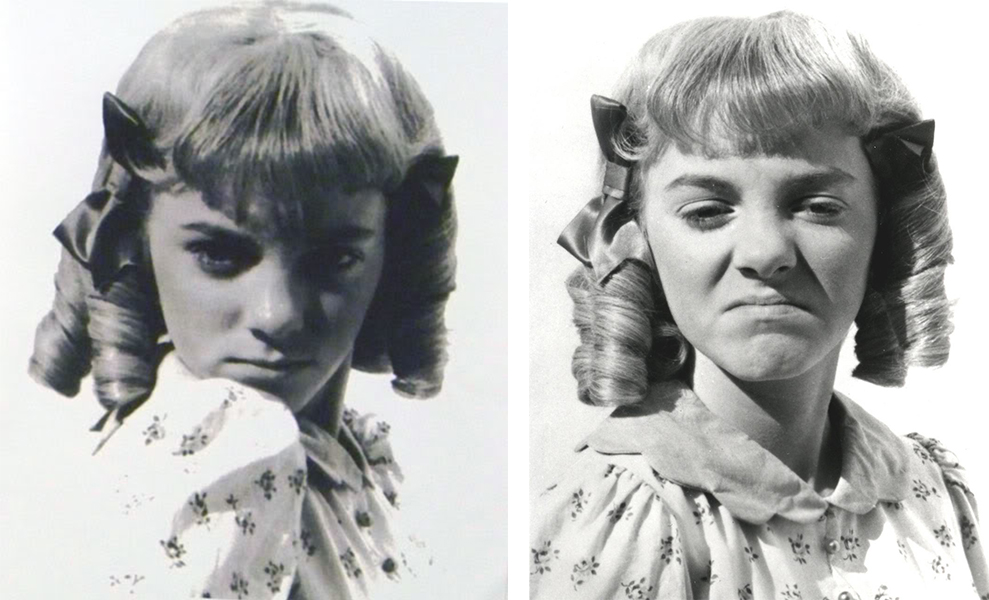
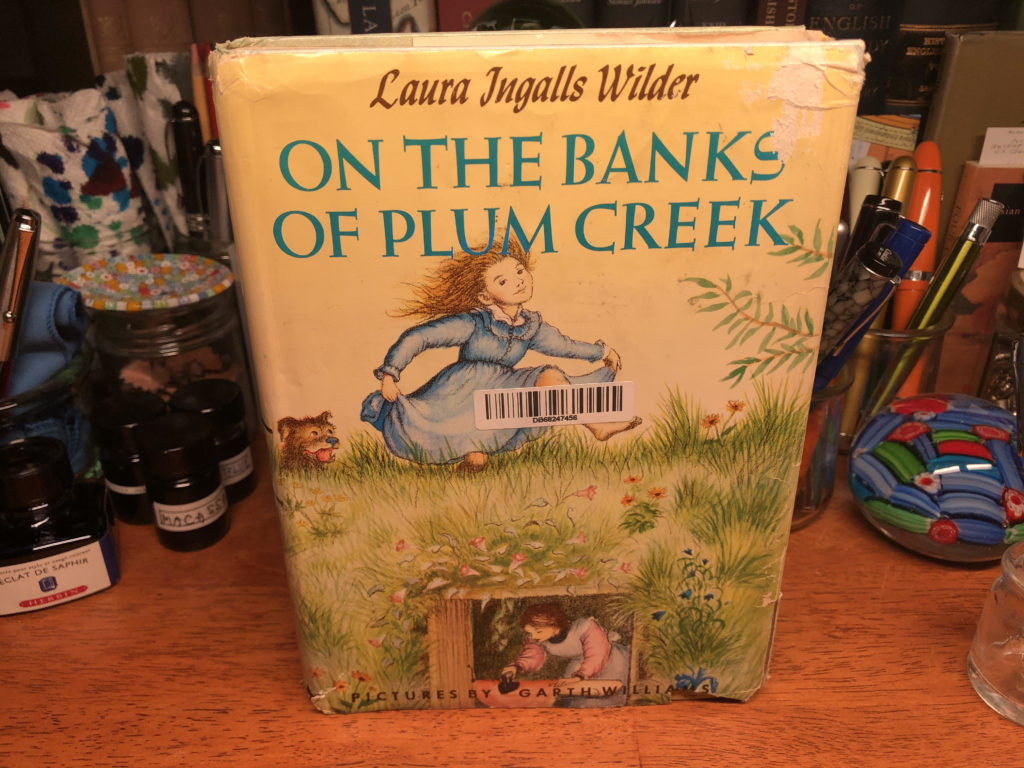
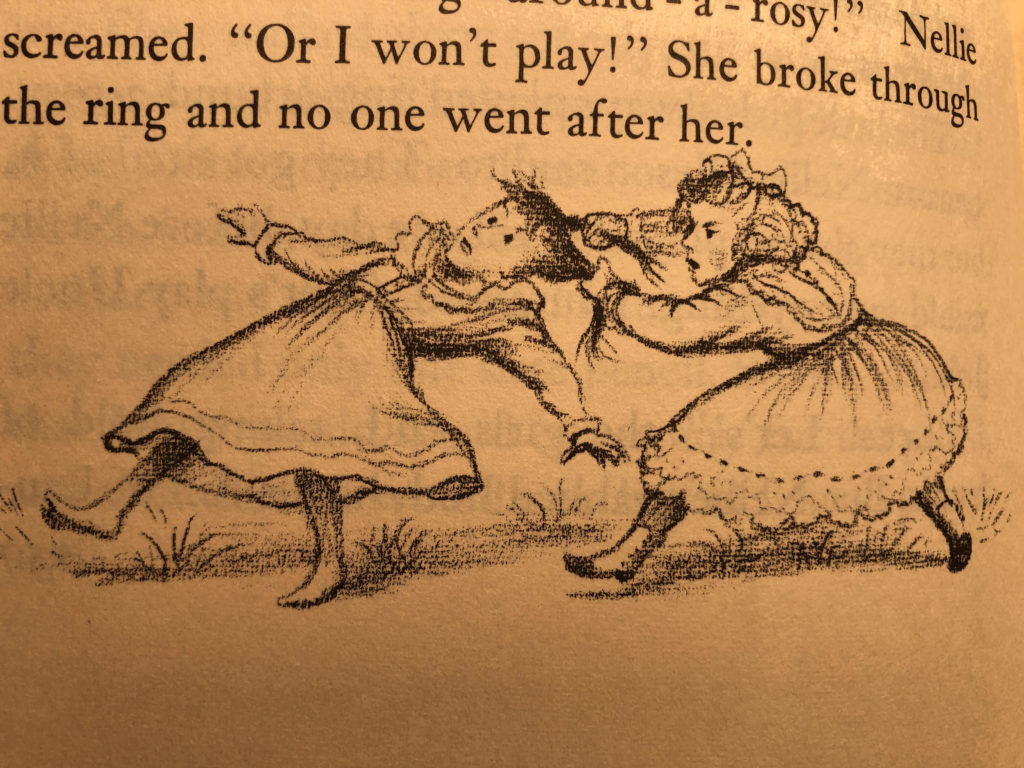
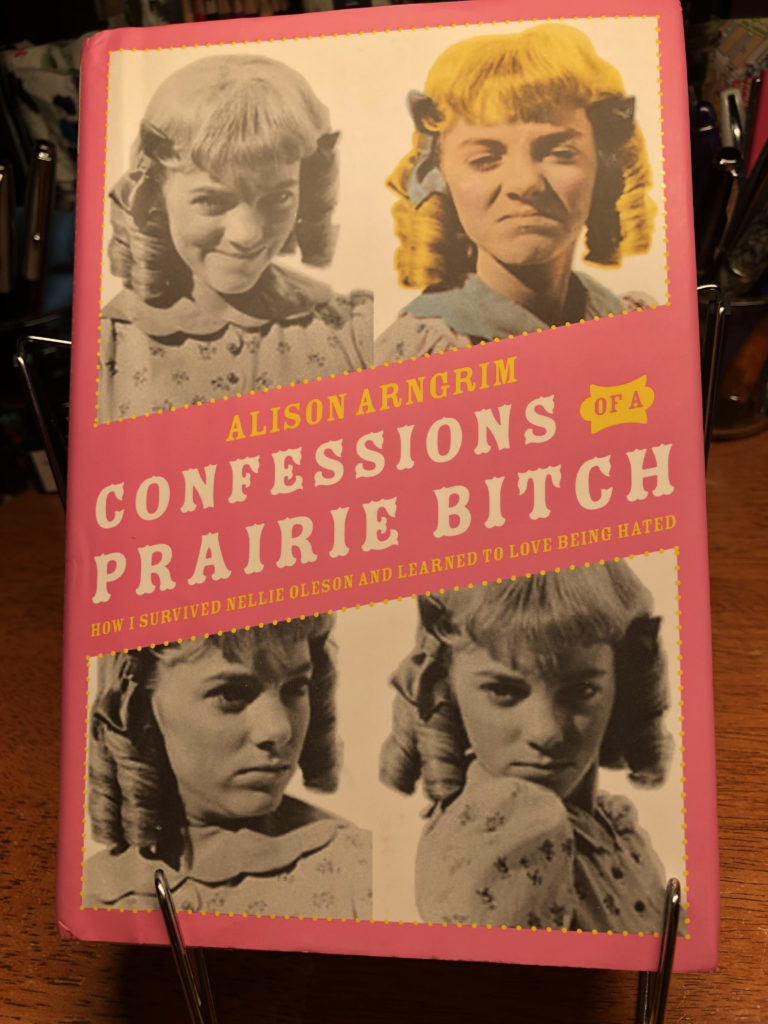
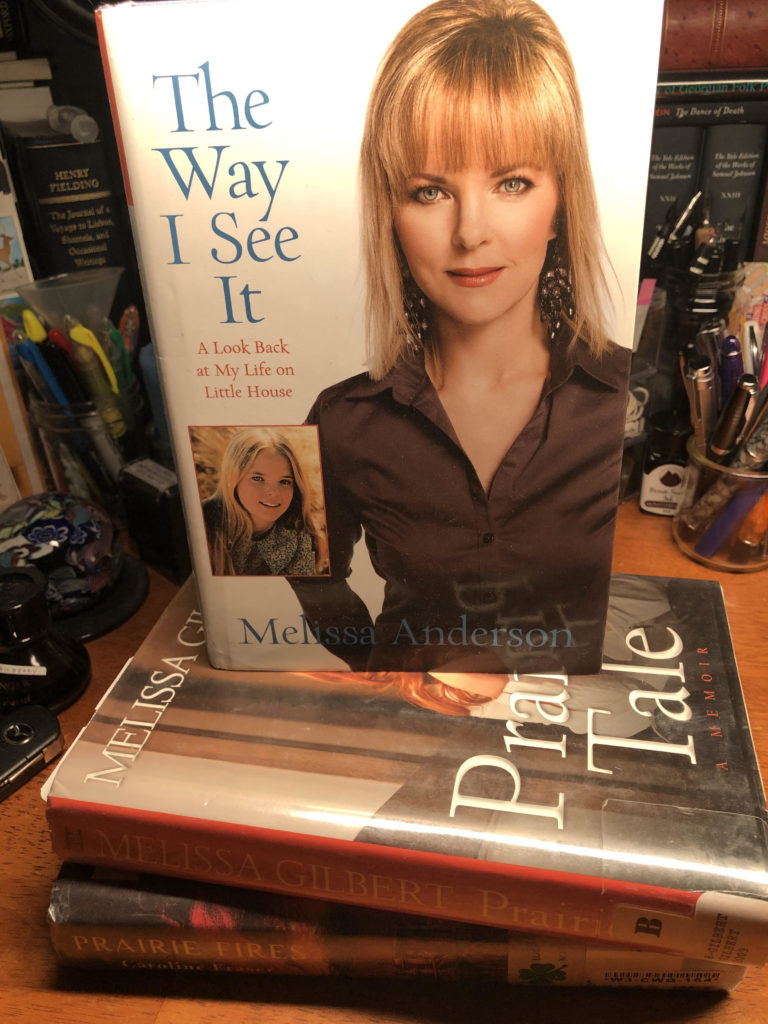
Comments
Post a Comment